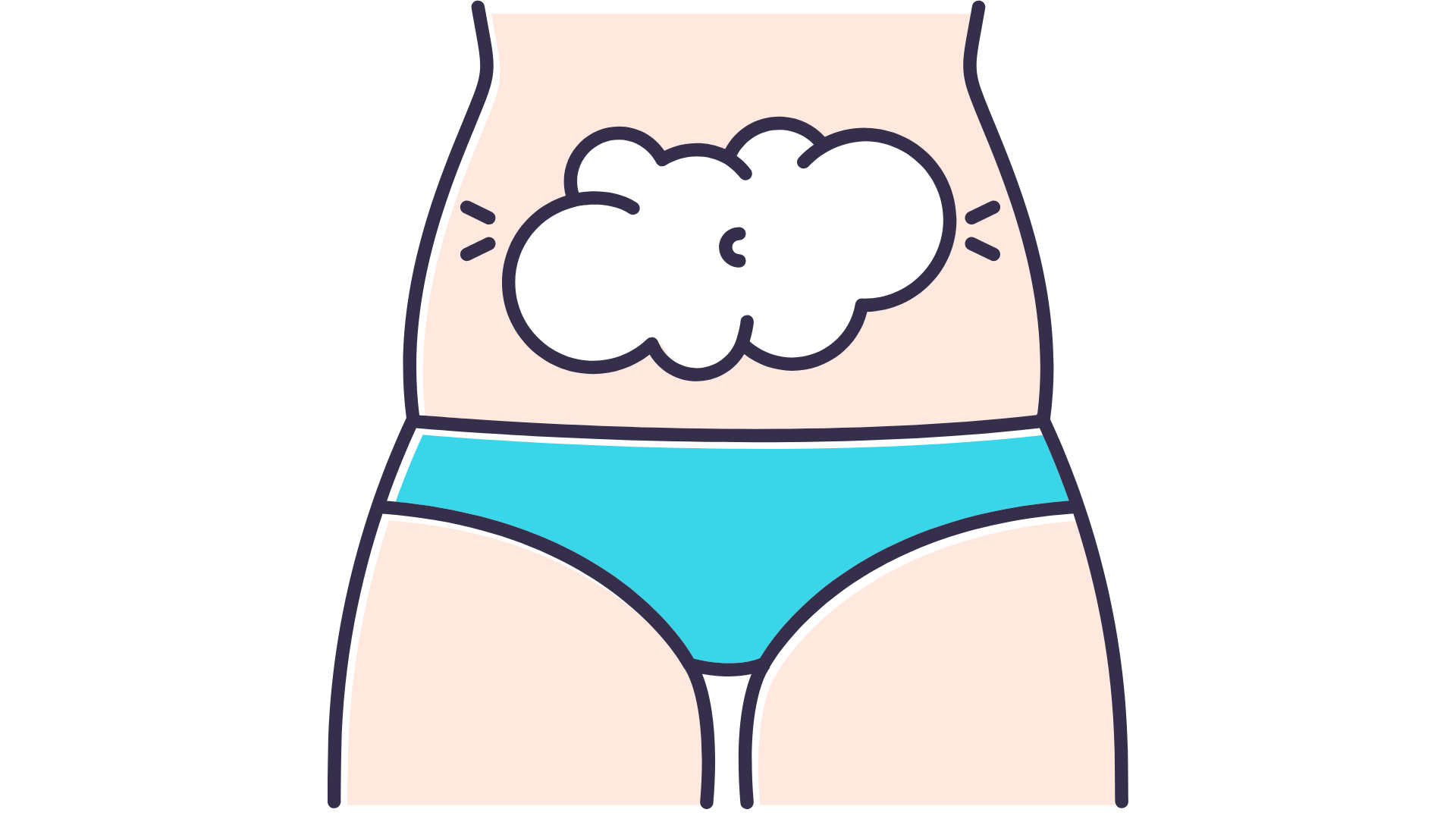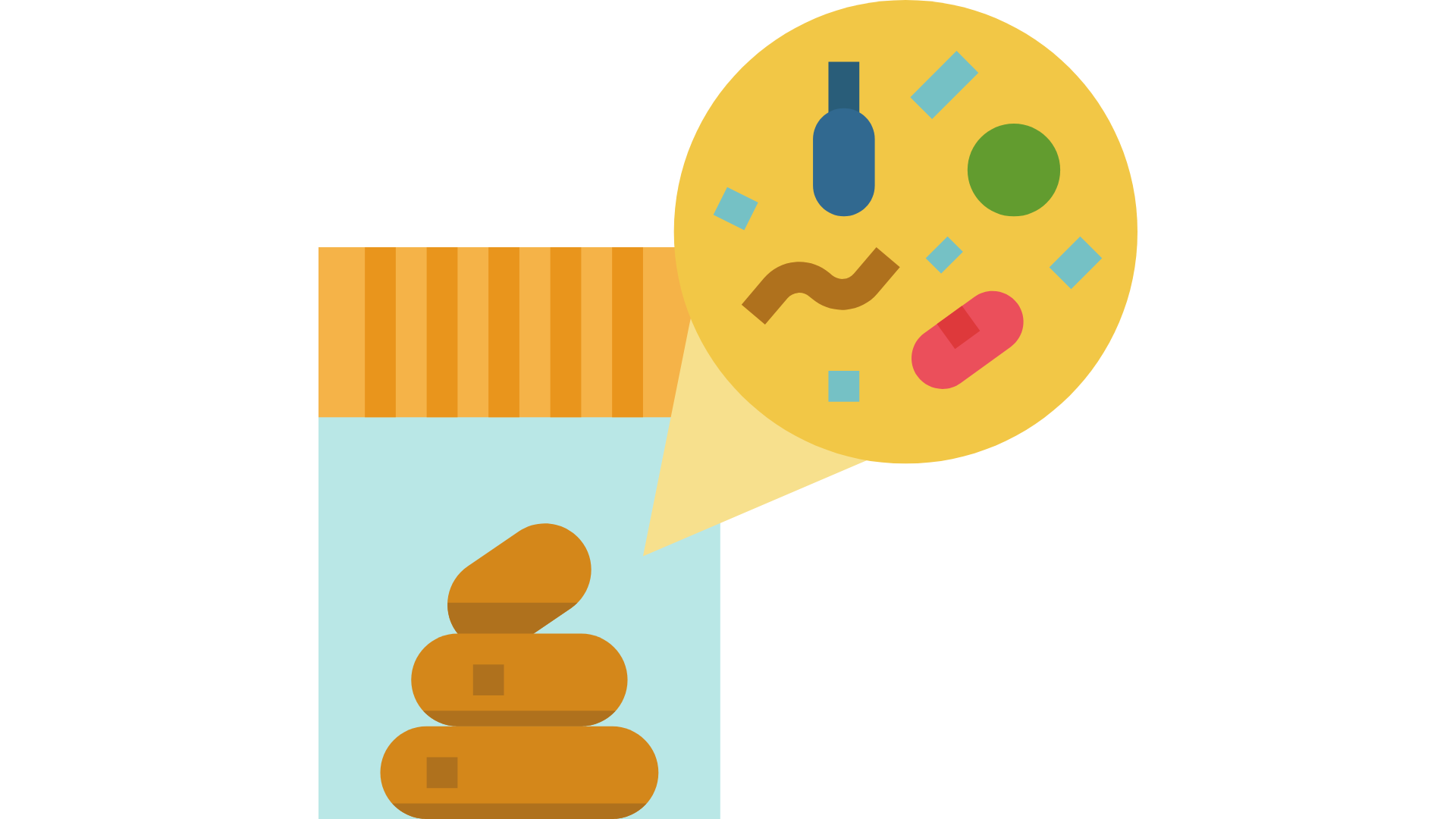How Long Does IBS Last? Root Cause Ways to Treat IBS
IBS Flare-Up: Symptoms, Causes and Duration
IBS (Irritable Bowel Syndrome) is a chronic condition, which means that it generally lasts for a long time, often years or even decades. However, those with IBS experience symptoms that can come and go in a few hours, with many flare ups, periods of remission and then flare ups.
The duration and severity of IBS symptoms vary from person to person. IBS patients may experience mild and occasional symptoms, while others may have severe and constant symptoms that significantly affect everyday life and their quality of life.
It's important to note that while IBS is generally a chronic condition, it is not a progressive disease. This means that it doesn't get worse over time or lead to serious health complications. Having a family history of IBS diagnosis increases the risk of having irritable bowel syndrome IBS. IBS flare ups can negatively mental health just like any chronic condition. Doctors commonly diagnose IBS when nothing is anatomically wrong, but pain, bloating, stomach cramps and erratic bowel movements persist.
The good news is that we work with clients to resolve their IBS and in most cases experience remission for many years.
Do IBS Symptoms Change?
Yes, symptoms of irritable bowel syndrome (IBS) can change over time for many people. IBS is a chronic condition that affects the digestive system and can cause a range of symptoms. Common symptoms include abdominal pain, bloating, constipation, and diarrhea. The exact cause of IBS is often unknown, but some clients report an obvious change in bowel movements and mixed bowel habits post antibiotics or food poisoning that never resolve.
For some people, IBS may worsen over time, while for others, they may get new symptoms or symptoms may improve or remain the same.
An example of changes in the type of IBS: There are three types of IBS: IBS-D (diarrhea-predominant), IBS-C (constipation-predominant), and IBS-M (mixed). Some people with IBS may experience changes in the type of IBS they have over time, with symptoms shifting from constipation to diarrhea, or vice versa.
Factors that can contribute to changes in IBS symptoms include:
Diet: Changes in diet, such as eating more or less fiber or certain types of foods can trigger IBS symptoms
Stress: Stress and anxiety can trigger or worsen IBS. Reducing stress can provide relief.
Hormonal changes: Women with IBS may experience changes in symptoms during their menstrual cycle or menopause.
Medications: Certain medications, such as antibiotics or pain relievers, can affect the gut and worsen IBS symptoms.
Other health conditions: People with other health conditions, such as celiac disease or inflammatory bowel disease, may experience changes in IBS symptoms.
Age: IBS symptoms may change as people age. For example, older adults may be more likely to experience constipation-predominant symptoms, while younger adults may experience more diarrhea-predominant symptoms.
Lifestyle changes: Changes in lifestyle factors such as physical activity, sleep, and alcohol intake can affect IBS symptoms. For example, increasing exercise and getting enough sleep can help reduce stress and improve digestive function, which may lead to improvements in IBS symptoms.
Psychological factors: Anxiety, depression, and other psychological factors can play a role in IBS symptoms. Changes in these factors may lead to changes in IBS symptoms over time.
Other health conditions: People with IBS may have other health conditions that can affect their symptoms. For example, gastroesophageal reflux disease (GERD), lactose intolerance, and inflammatory bowel disease (IBD) can all cause symptoms that are similar to those of IBS.
Treat IBS Symptoms by Addressing the Root Cause
While some people with IBS may experience long periods where their symptoms improve or go away completely, it is unlikely for gut symptoms of IBS to disappear randomly or spontaneously without any form of intervention. With intervention, some people with IBS will experience ongoing symptoms that require ongoing management every few years.
The good news is that there are a number of effective treatments for IBS that can help manage symptoms, reduce abdominal pain, and improve quality of life. From our services, these include determining the microbes causing the problems via stool test, dietary changes, stress management techniques and other therapies.
Diet Options
Our starting dietary changes is the Paleo diet. It is the least restrictive, most familiar and eliminates certain foods that are hard to digest and potential triggers. We expect an improvement in symptoms, but generally not a remission. The range of improvement varies from noticeable to substantial. This diet works for most clients and it's not too hard to adhere to.
A Low Fodmap diet is the next step for tough cases, but only for 2-4 weeks. The diet removes high fodmap foods that often trigger bloating, unpleasant bowel habits, excessive gas and abdominal pain. Both diets can start with food reintroduction around 4 weeks. Cooked vegetables is another technique, that in some people, provides significant relief.
Keep Peppermint Oil on Hand
Peppermint oil has soothing properties that can ease abdominal pain during IBS flare ups. Peppermint tea, 2-3 bags per cup, is a medicinal amount to reduce pain. We have a bunch of other ideas for you here too.
Complete the GI Map Stool Test
Yes, we know you've probably already completed a stool test from your gastroenterologist. Our experience is that their testing is very limited and perhaps not as sensitive. We can't tell you how many times we have clients showing symptoms of H. Pylori, get tested from their doctor for H. Pylori to show up negative, but come back as positive on our stool test. Which we then work on resolving holistically with diet and an 8-12 week supplement plan and BAM our clients feel 100% better. See some of our favorite probiotics for IBS.
If you are experiencing symptoms of IBS, it is important to speak with your doctor or your healthcare provider to receive an accurate diagnosis and we can help you develop a plan that is tailored to your individual needs. With the right treatment, diet and self-care strategies, it is possible to effectively relieve symptoms, see weight loss, reduce or eliminate IBS and improve overall health and well-being. We'd love to help you!







